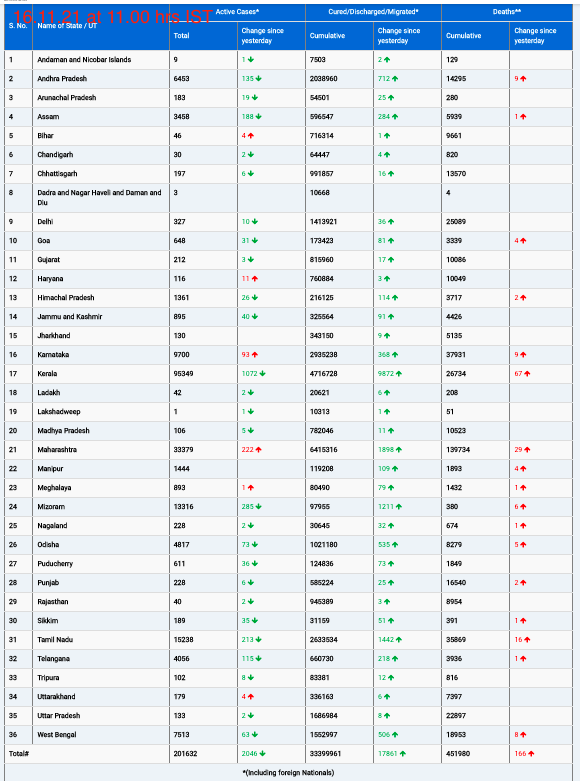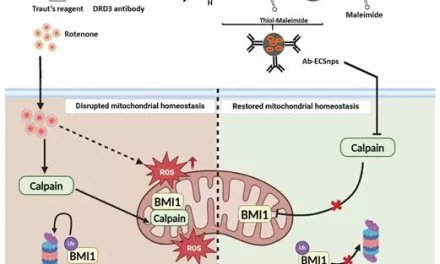Sexual health is relevant throughout a person’s life, through to adolescence and into older age. The World Health Organization (WHO) working definition of sexual health addresses not only physical health, but embraces a positive and respectful approach to sexuality and sexual relationships.
Pleasure as a consideration for the success of sexual health interventions
The theme of this year’s World Sexual Health Day is ‘Let’s Talk Pleasure’. In February 2022, WHO, HRP and partners published an analysis on the need to consider sexual pleasure, not only risk of disease, in designing sexual health programmes. The systematic review and meta-analysis showed that sexual pleasure can be an important success factor for improving knowledge around sex and uptake of safer sex practices such as condom use.
“Sexual health education and services have traditionally promoted safer sex practices by focusing on risk reduction and preventing disease, without acknowledging how safer sex can also promote intimacy, pleasure, consent, and well-being,” said Dr Lianne Gonsalves, WHO/United Nations Special Programme HRP. “This research provides a simple message: programmes which better reflect the reasons people have sex – including for pleasure – see better health outcomes. The hope is that these results galvanize the sexual and reproductive health and rights community to promote services that educate and equip users to engage in sex that is safe, consensual, and pleasurable.”
Resources for the promotion of sexual health and well-being
Sexual well-being can be conceptualised in various ways, including sexual respect, sexual pleasure, sexual self-esteem and self-determination in one’s sexual life. Interventions specifically intended to improve sexual well-being are emerging.
A major milestone is the latest edition of the International Classification of Diseases (ICD) which has a chapter on sexual health for the first time. By providing the latest evidence-based definitions, WHO is facilitating the diagnosis and appropriate management of a wide variety of conditions related to sexual health. Countries began using this chapter in January 2022.
WHO has collaborated with partners, including HRP, to develop guidance for out-of-school Comprehensive Sexuality Education (CSE) programmes that are appropriate and safe for different groups of children and young people. This complements the guidance developed by the United Nations on school-based sexuality education. These resources for teaching and learning about the cognitive, emotional, physical and social aspects of sexuality, reiterate that sexual activity is part of normal and healthy living, as is giving and receiving sexual pleasure.
Another recommendation is for policy-makers to integrate brief sexuality-related communication when possible, a clinical tool for behaviour change which takes a holistic and positive understanding of sexual health and sexuality.
Finally, robust, transparent and comparable sexual health-related data are needed to ensure adequate services. WHO and HRP are coordinating a global research programme to design survey instruments which can better assess people’s sexual practices, behaviours and health outcomes and inform national programming to achieve sexual well-being.
Addressing challenges in sexual health and well-being
While leading efforts to promote sexual well-being, WHO recognizes that sexual health promotion also includes action to prevent ill-health. Globally, many women, girls and gender-diverse persons continue to experience non-consensual and violent sexual activity. WHO and HRP are supporting national efforts around the world to prevent and manage the consequences of all forms of sexual violence.
To eliminate diseases that affect sexual health, WHO developed new global strategies to address STIs, including HIV. To address barriers to achieving universal access to critical STI/HIV services, WHO is currently prioritizing a research agenda for improving the implementation of national STI programmes, and developing develop a roadmap for STI vaccine development and introduction. This agenda complements WHO’s leadership in developing innovative point of care tests for quicker and more accurate diagnostic testing, and in specifying the “Global STI Vaccine Roadmap” to guide research and development for new vaccines against STIs.
A central aspect of being human
Good sexual health is fundamental to the overall health and well-being of individuals, couples and families, and to the social and economic development of communities and countries.
“To advance comprehensive sexual and reproductive health and rights for all, it’s critical that we understand how these letters – SRHR – interact, together and separately,” said Pascale Allotey, Director of the WHO Department of Sexual and Reproductive Health and Research (SRH) including HRP.
“WHO recognizes that people have sex as part of a healthy life and intimate relationships, and not solely for the purpose of reproduction. Our commitment to research, evidence, guidance and enthusiastic promotion of sexual health is essential to every person’s fulfilment of their human rights related to sexuality and well-being.












